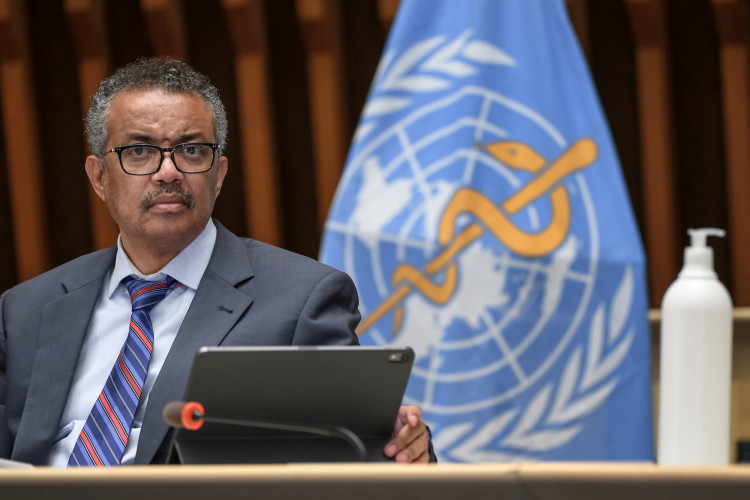The World Health Organization has again encouraged countries and their citizens to practice the fundamentals for reducing the spread of COVID-19 if they are to gain control over the disease and heal badly affected economies.
The well-known mitigation fundamentals - wearing a face mask, frequent hand-washing and social distancing - should be the foundations of any effort to control the transmission of the virus that causes COVID-19. This virus is severe acute respiratory syndrome coronavirus 2 - or SARS-CoV-2.
"If countries are serious about opening up they must be serious about suppressing transmission and saving lives," WHO Director-General Dr. Tedros Adhanom Ghebreyesus said. "This may seem like an impossible balance but it's not. It can be done and it has been done."
He said today's new normal would include the three mitigation measures which needed to be followed by countries even after a vaccine was deployed and mass inoculations begun. These inoculations are expected by mid- to late-2021.
Tedros also warned governments not to delude themselves into believing the virus would eventually disappear on its own or pretend the pandemic is over. He said the more control countries had over the virus the more they could open up their economies.
"Opening up without having control is a recipe for disaster," Tedros said. "No country can just pretend the pandemic is over."
He said there were "four essential things that all countries, communities and individuals must focus on to take control" of COVID-19. The first is to "prevent amplifying events" which are inevitably linked to large crowds at stadiums, nightclubs and places of worship. He said countries and people must find "creative ways" to be social.
Countries can prevent deaths by protecting the vulnerable - especially the elderly, people with underlying or co-morbid conditions and essential workers. This will help save lives and alleviate the burden on national health care systems.
The third is encouraging individuals to play a part in overcoming the disease by practicing the three mitigation fundamentals. The fourth involves more targeted responses by governments to outbreaks through testing, contact tracing and isolation to avoid harmful and prolonged lockdowns.
The WHO had always conceded the large difficulties countries faced in stopping the spread of COVID-19 but they had no choice but to try.
"This is not an easy virus and not an easy virus, either, to detect. It's not an easy virus to stop," WHO's Health Emergencies Program recently executive director Dr. Mike Ryan said.






